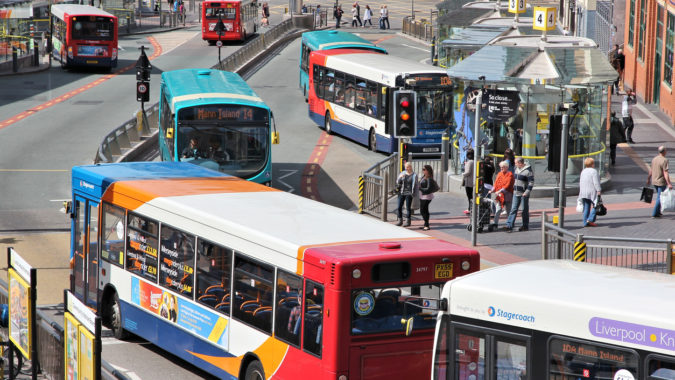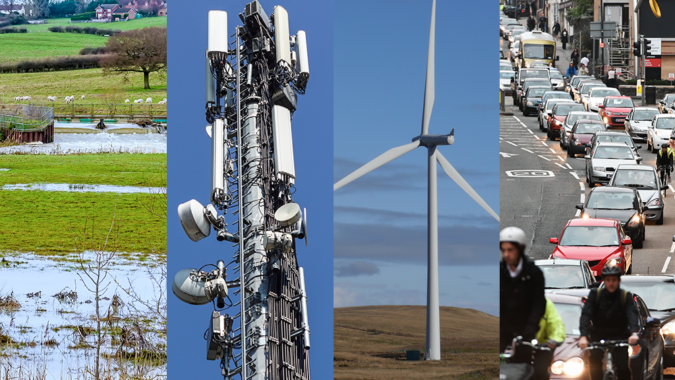We are so familiar with the UK’s roads and motorways that we rarely think about how they are designed, how they operate, or how they are controlled. But with the introduction of driverless vehicles, this will need to change.
This new technology could have as great an impact as the transition from stagecoach to car – get it right, and there are tremendous benefits.
Driverless vehicles could increase the capacity of our existing network, reducing congestion and allowing employees and goods to get to where they need to go, on time. They could also significantly reduce road casualties largely caused by driver error; improve accessibility for groups such as the young, the elderly, and disabled people, who often don’t get to benefit from the freedom that a car can offer. And time spent behind the wheel could be put to better or more productive use. On top of this, our towns and cities could be redesigned free from the need to accommodate large stocks of parked vehicles.
Our Roads for the Future competition starts with the idea that changing our roads will require new thinking in three areas – road design; traffic management, and rules and regulations. In each there are complex challenges for which we’ll need highly creative solutions.
Take design. Roads are built for vehicles driven by people: motorways were deliberately not built straight, to reduce the risk of drivers snoozing at the wheel, and the roundabout relies on everyone remembering to give way from the right.
But the move from driven to driverless vehicles raises a range of new and challenging questions.
Urban streets are full of parked vehicles that fill up the roads come rush hour, but will parking space in such high value places be needed in a future where vehicles could park themselves elsewhere and meet their driver? Might the land be better used to meet other needs?
Road signs and speed limits are management tools that rely on being read by drivers: when they’re ignored, accidents happen. But will we still need a ‘stop’ sign anymore if sensors in the road will in future tell connected and autonomous vehicles where and when to stop? Will we still need a driving test in 2050? The capacity of our roads are largely related to human factors like driver reactions and stopping times. But what if those factors were taken out of the equation? Automated and connected vehicles could increase the capacity on some of our most-used roads by allowing vehicles to travel closer together; this begs the question, who sets the speed?
The rules of the road will have to evolve. We can expect driven and driverless cars to share the same road for some years. This creates interesting challenges. Who will have priority at a junction? How will that be enforced? If there’s an accident, will the traditional exchange of insurance details be replaced by the click of an app?
Ultimately, drivers and passengers and pedestrians alike will want reassurance that government and industry is thinking about solutions that maximise the benefits, and minimise the downsides, from the introduction of these new technologies.
This competition is about challenging the brightest and the best in the transport industry and beyond in the UK to think about these and other questions, and help shape the way we design and use our roads for decades to come.
Jonathan Hale is lead policy adviser on strategic transport at the National Infrastructure Commission



